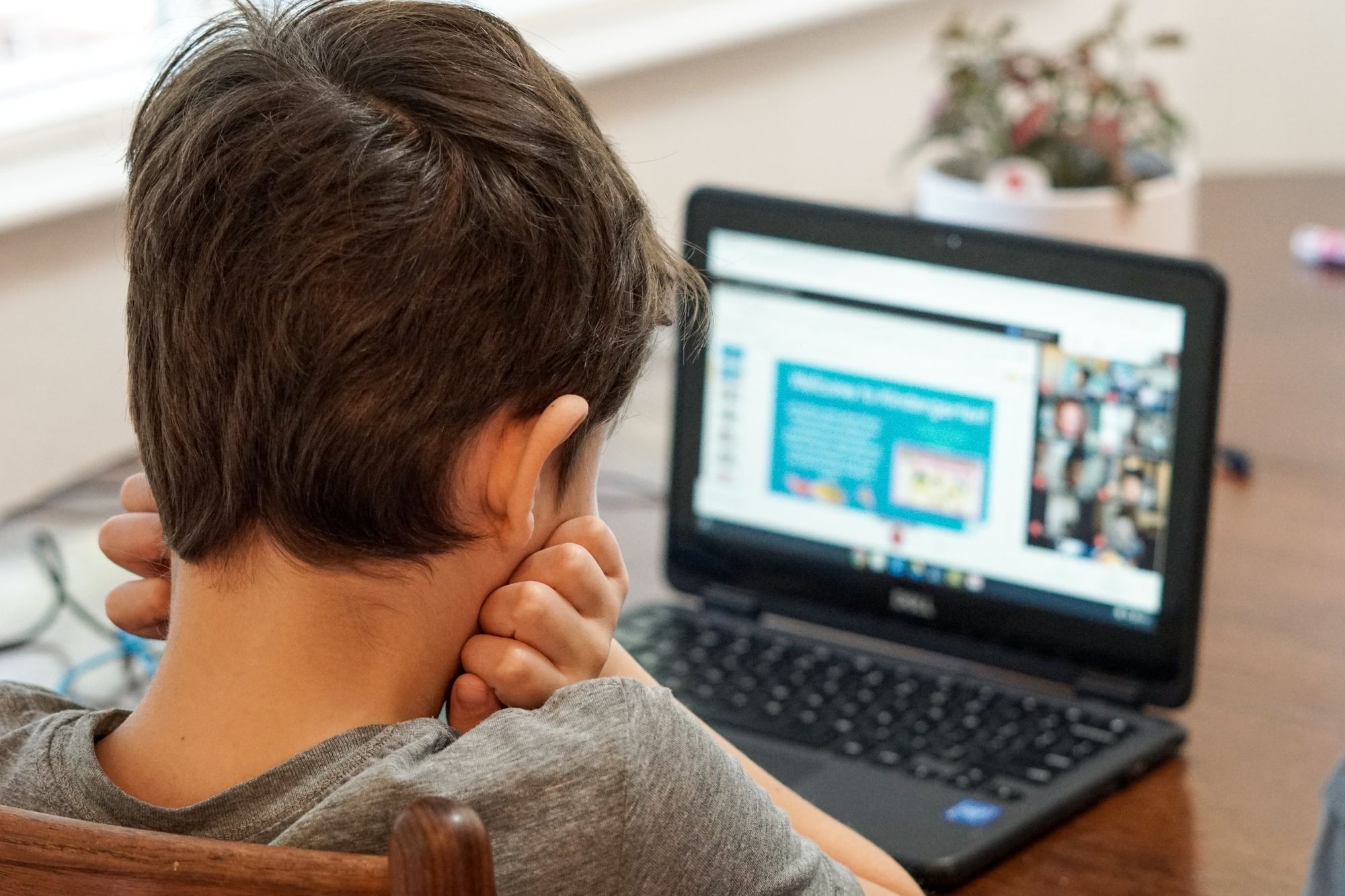Stop the scarcity: "Learning loss" and "unfinished learning" negates experiential learning of an entire generation
If you join a conversation among school administrators, educators, policy makers, edtech companies or parents in the year 2021 you're sure to hear one of the following phrases: learning loss, unfinished learning, falling behind, learning deficit, below grade level.

If you join a conversation among school administrators, educators, policy makers, edtech companies or parents in the year 2021 you're sure to hear one of the following phrases:
1. learning loss
2. unfinished learning
3. falling behind
4. learning deficit
5. below grade level
It doesn't take an expert to spot a pattern in the above conventions. Much like the media headlines that have circulated throughout the past 18 months, ensuing fear around global events, our tag lines in education aren't much better.
Do we (teachers, parents, leaders) truly believe that a deficit-focused approach to learning is what our students need? Do we really think we're doing our students a service by measuring their intellect, progress and self-worth against a set of static curriculum benchmarks that were written for an entirely different (perhaps outdated) school environment?
Yes, it's true that students today might not be as far along in the curriculum set forth by our standards. And it is absolutely true that existing inequity within our education system at large has been exposed greatly during the past 1.5 years.
However, would you assert that previous generations, those who sat through traditional schooling, under-resourced classrooms and standardized tests, were more equip for life beyond the school walls than our students are today?
Consider this: The experiences that this generation has lived through taught them skills that we could have never dreamed of including in a lesson plan.
Put another way: All of those, "21st century life skills, communication, emotional regulation, goal setting, social justice, mental health skills," that you've always wished schools "had more time to devote instruction towards?" Students have been spending the past 18 months learning those skills!
If we take a step back and reflect on the 2020-2021 school year as individuals, taking into account our personal transitions into adulthood, our perspectives may shift. Consider things you had to, "learn the hard way," challenges you or your family grew through, opportunities where you developed greater resiliency and grit.
Could it be possible that today's students aren't behind, but are in fact ahead in new, unexpected areas that will serve them?
Forbes author Natalie Wexler explores the concept of learning loss further in a recent article, Learning Loss: Urgent Crisis Or Harmful Myth?
"The most radical form of this critique maintains that students haven’t missed out on any learning at all; they’ve just learned different, and possibly more valuable, things."
Rachel Gabriel, associate professor of literacy education, suggests that students,
“learned immeasurable and previously unknowable things,” such as “how to reset the rhythms and patterns of their days.” Perhaps, she says, they’ve learned more than previous cohorts of students, “because of what they have lived through and lived without.”
Conclusion:
So, what's the alternative? In short- that's exactly what educators, administrators, parents and thought leaders around the globe are asking themselves.
If we opt not to fall back into "traditional norms," and instead embrace this unexpected disruption with open arms, how might we shift the culture in which students today grow-up?
For starters, we can alter the narrative that we are passing onto today's youth.
1. learning loss — learning gained
2. unfinished learning — in-progress learning
3. falling behind — right on track
4. learning deficit — opportunity to grow
5. below grade level — on a personalized path
How do you think we can shift the culture and social construct of education today? We'd love to hear your thoughts in the comments below!

